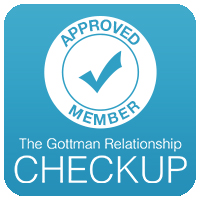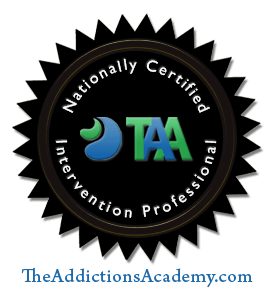Military PTSD Treatment Augusta GA
Post-Traumatic Stress Disorder – Group-Therapy – Peer Support Groups – PTSD Groups – Addiction – Self-harm – Suicidal Ideation – Homicidal Ideation
 Proper and effective treatment of trauma and substance abuse comorbidities have become more crucial in today’s environment of opioid epidemics, alcoholism, and veterans returning from Iraq and Afghanistan with various mental illnesses, particularly post-traumatic stress disorder, or PTSD.
Proper and effective treatment of trauma and substance abuse comorbidities have become more crucial in today’s environment of opioid epidemics, alcoholism, and veterans returning from Iraq and Afghanistan with various mental illnesses, particularly post-traumatic stress disorder, or PTSD.
Post-traumatic stress is not something new to this generation of combat veterans but has entered the limelight as a serious, yet very treatable disorder that affects between eleven and twenty percent of Iraq and Afghanistan veterans every year (USDVA, 2018). Veterans are not the only people to be affected by PTSD; other first responders such as fire and rescue, paramedics and EMS, and law enforcement officers (LEOs) are hit equally as hard.
Many among these first responders (including combat veterans) avoid dealing with the complex matters that have been affecting them and instead attempt to self-medicate their problems away with drugs, alcohol, or both. In fact, it is estimated that at least one occurrence of trauma exists in the history of up to 90% of substance abusers (Finkelstein, Vandermark, Fallot, Brown, Cadiz, & Heckman, 2004), a fact that only amplifies the idea that those who present with PTSD-like symptoms need to be screened for SUD just as those who present with SUD need to be screened for a history of trauma as well as suicidal/homicidal ideation and self-harm.
Treatment of PTSD is possible, and it should be understood that being diagnosed with PTSD does not mean that one will have a life-long mental illness. With few exceptions, individuals suffering from post-traumatic stress can get help and resume living an asymptomatic life in as few as four weeks or so, with the proper treatment and willingness. For some, it can take longer, up to six months or more, but it can be treated.
References
Finkelstein, N., Vandermark, N., Fallot, R., Brown, V., Cadiz, S., & Heckman J. (2004). The National Trauma Consortium: Enhancing substance abuse recovery through integrated trauma treatment. Retrieved from https://www.samhsa.gov/sites/default/files/wcdvs-article.pdf
US Department of Veterans Affairs (USDVA). (2018). PTSD: National Center for PTSD. How common is PTSD in veterans? Retrieved from https://www.ptsd.va.gov/understand/common/common_veterans.asp






